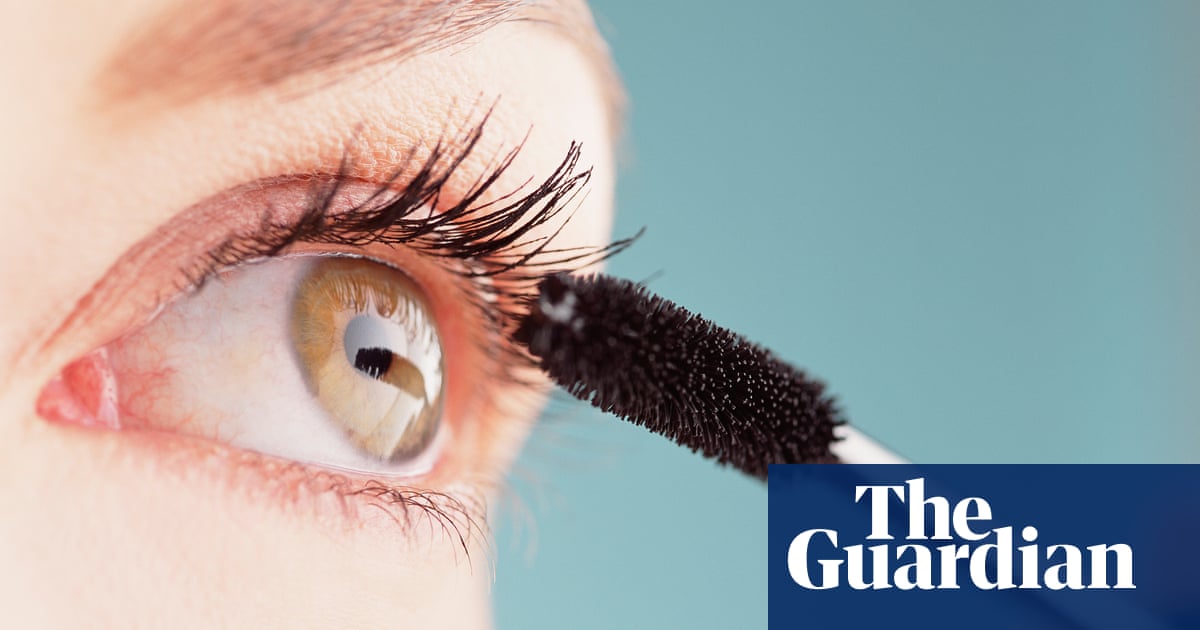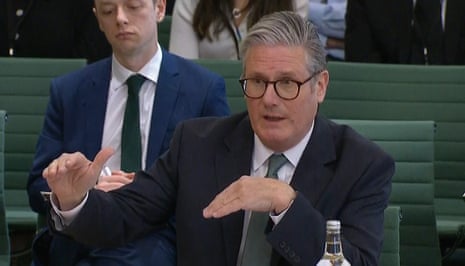
In 2026, New Zealand will prohibit the use of “forever chemicals” in cosmetics, potentially making it the first nation to take such action.
The EPA has declared a prohibition on the utilization of perfluoroalkyl and polyfluoroalkyl substances (PFAS) in cosmetics to safeguard individuals and the ecosystem from these chemicals.
Perfluoroalkyl and polyfluoroalkyl substances (PFAS) are commonly included in cosmetics for their ability to enhance skin texture and increase the longevity, spreadability, and water resistance of cosmetic products.
These chemicals, known as “forever chemicals”, are commonly used to create water, stain, and heat-resistant products. There are approximately 14,000 chemicals in this category and they are highly durable.
A growing amount of global research suggests that PFAS is connected to cancer, birth defects, and harmful impacts on the immune systems of both humans and animals. These chemicals have been discovered in various sources such as drinking water, sea foam and spray, rainwater, groundwater, sea ice, and even in human blood. They are also present in everyday products like cosmetics (shaving cream and lipstick) and household items like Teflon pans and pizza boxes.
The Environmental Protection Agency announced that despite only a few cosmetic products containing the chemicals, they are taking a cautious stance to address any potential hazards. This ban on cosmetics is just one aspect of their efforts to safeguard against these chemicals, which also include conducting tests for PFAS levels in the environment and gradually discontinuing PFAS-containing firefighting foams.
Dr. Shaun Presow, the manager for hazardous substances reassessments at the EPA, stated that these chemicals are resistant to breaking down and can accumulate in our bodies. Additionally, some of these chemicals can be harmful when present in high levels.
In 2023, the EPA held a public consultation regarding the proposed changes to the rules. A total of 20 submissions were received, with 14 coming from the cosmetics industry.
Presow announced that the EPA will collaborate with the industry to oversee the transition before the alterations are implemented.
Several US states have put forth laws to prohibit or restrict PFAS before federal regulations are implemented. California became the first major area to ban all PFAS in cosmetics in September 2022, with a grace period for enforcement until January 1, 2025. Maine and Minnesota have also recently passed legislation that will ban products containing intentionally added PFAS chemicals starting in 2030. The European Union is also in the process of enacting a wider ban on these chemicals.
The Environmental Protection Agency was unable to confirm if New Zealand was the first nation to prohibit the substances in any capacity, but stated that it was unable to locate other instances.
Experts in environmental, health, and science have praised the decision, stating that it positions New Zealand as a global leader in addressing the dangers of PFAS.
According to Professor Allan Blackman from Auckland University of Technology’s school of science, although none of the New Zealand cosmetics manufacturers surveyed by the EPA detected PFAS in their products, approximately 90% of cosmetics in the country are imported.
Blackman stated that this could result in a considerable amount of compliance responsibilities for individuals involved in importing these products. Additionally, certain products may no longer be available for purchase after 2027.
After completing this initial action, it will be intriguing to observe any potential effects on other sources of PFAS, such as cookware with non-stick coating and fabrics that are waterproof.
Source: theguardian.com


















